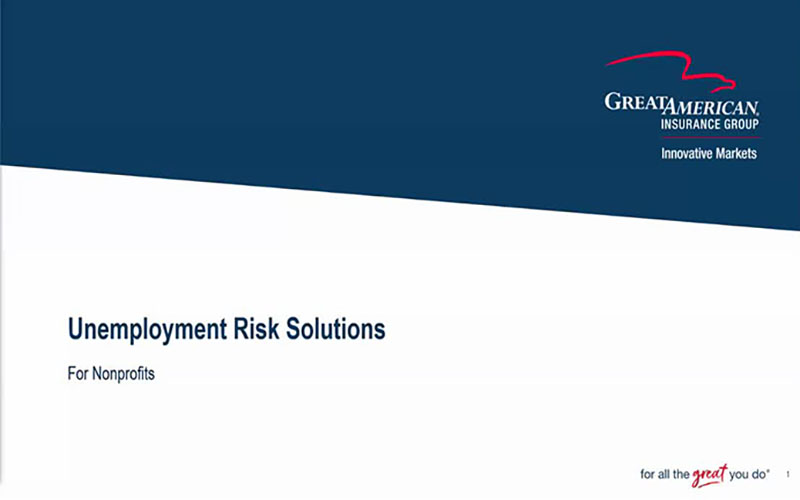Negligent Entrustment: What It Is and Why You Should Be Concerned

If a company has no formal hiring policy, the legal theory of negligent entrustment suggests that the company could be exposed to serious liability acts of its employees. Consider these tips when developing a formal hiring policy to protect your company from additional exposures caused by negligent entrustment.
What Is “Negligent Entrustment?”
All companies are responsible for hiring competent and qualified employees. If a company has no formal hiring policy, the legal theory of negligent entrustment suggests that the company could be exposed to serious liability for acts of its employees.
In an employment situation, “negligent entrustment” is a legal term meaning the act of an employer leaving a dangerous article (such as a gun or car) with an employee whom the employer knows, or should know, is likely to use it in an unreasonably risky manner.
Typically, negligent entrustment arises in an employment situation when:
- The employer carelessly allowed or entrusted an employee to use an instrument that could cause harm.
- The employer knew or should have known of the incompetence of the employee.
- The incompetence of the employee was a substantial factor in the cause of the injury.
Under a charge of negligent entrustment, an employer may be liable for the damages caused by an incompetent employee. Generally, an employer has a duty to hire competent and qualified employees to conduct the business of the company. Punitive damages may be awarded if negligent entrustment is proven. These damages are not commonly covered by an insurance policy. Some states do not allow for a punitive damage coverage and even if covered, the judgment may exceed policy limits.
Common Situations of Negligent Entrustment
If an employee drives in a business context, the employer may be at risk for a charge of negligent entrustment if:
- The driver is ruled incompetent;
- The employer knew or should have known of this incompetence;
- The employer entrusted the vehicle to the driver within the scope of work; or
- The driver was negligent and caused the accident. Some cases have not required negligence by the driver.
Additional business situations can present a risk of negligent entrustment. Employers should pay particular attention to the qualifications of the following types of employees: unpaid or volunteer workers, nursing home personnel, childcare personnel, employees exposed to children, delivery personnel, machinery/crane operators, out-of-office service and repair personnel, private residence installation or sales personnel, security personnel, nonprofit and fraternal organization personnel, campus organization personnel (such as academic or community service organizations), and personnel who carry a firearm.
Qualification Considerations
Organizations should consider the following when entrusting employees with handling a potentially dangerous article:
- Proper training and credentials
- Restrictions on employment
- Disqualifications under federal/state/local regulations
- Prior history of accidents and violations
- Appropriate skills for the equipment or situation
Proactive Tips for Driving
Develop a company driver-hiring program that includes regular driving record evaluations including a training policy that is uniformly administered. Federal or state regulations clearly specify driver hiring and training programs for specialized driving such as Commercial Driver’s License.
Even if there are no applicable regulations, training programs should be implemented to avoid charges of negligence. Best business practices may not always prevent an accident, but they show employees and others that the organization is serious about safety.
Implementation of proactive company policies may limit the company’s liability if an accident occurs.
- Develop a company policy for Motor Vehicle Records (MVR) evaluation that must be signed by the employee.
- Evaluate Motor Vehicle Records (MVR) at time of hire and annually thereafter.
- If required by federal or state regulations, develop a company policy for physical examinations that must be signed by the employee.
- Develop a company policy for personal use of the vehicle that must be signed by the employee.
- Develop a company policy for use of cell phones while driving that must be signed by the employee.
- Develop a company policy for occasional drivers.
- Provide a driver training program.
- Develop a company policy for alcohol and drug-free workplace that must be signed by the employee.
Proactive Tips for Non-Driving
Perform personal interviews and be diligent about reference and criminal background checks. If allowed by law and in accordance with company policy, administer drug and alcohol testing. Develop a documented training program, and establish written policies and programs for each of these topics. Consult with a company attorney as needed for legal advice.








.jpeg?sfvrsn=dbf923b1_1)




.jpeg?sfvrsn=c50521b1_1)
